Walter “Ted” Carter Jr. President at Ohio State University | Twitter Website
Walter “Ted” Carter Jr. President at Ohio State University | Twitter Website
The Ohio State University offers a general education course titled "The Biology of Hope and Belief," aimed at helping students understand the scope and limitations of scientific inquiry. Megan Meuti, an associate professor of entomology, has been teaching the class since 2020. She aims to help students discern which questions can be addressed by science and which cannot.
Meuti describes herself as both a scientist and a Christian, following in the footsteps of Susan Fisher, who initiated the course over ten years ago. Fisher's intent was to explore how hope and belief may have evolved alongside humans.
“Susan developed this course so she could ask questions about the human capacity for hope and belief,” said Meuti. “Did it evolve with us and make us successful as a species? We’re teaching evolution in a way that affirms the importance of hope and faith.”
The course delves into neuroscience to examine concepts like hopelessness and depression, exploring how these states are connected to brain neurotransmitter levels. According to Meuti, individuals with hopeful dispositions tend to live longer, enhancing their evolutionary success through survival and reproduction.
“The hopeful individuals in a population that are surviving long enough to make babies, over time, are passing those traits along to the larger population,” she stated.
Class discussions extend beyond evolution to cover emotions such as love and heartbreak. Meuti prompts her students by asking them about their comfort level with reducing complex emotions to mere brain chemicals.
“I’ll ask them, ‘How do you feel about the idea that all of these complex emotions we have can be broken down into chemicals and activities in your brain?’” she noted.
Creating an open environment is crucial for Meuti when discussing beliefs. On the first day of class, she openly shares her own perspective: “I tell them I’m a Christian. I tell them I’m an evolutionary biologist... But I also tell them that each of them, and their perspectives, are welcome.”
A recent addition to the curriculum is an online lab where students analyze data on religious beliefs versus acceptance of evolution. They also observe animal behavior for signs of hope and monitor personal biometric data during meditation or nature exposure.
Despite initial anxiety among nonscience majors about data analysis tasks, all students ultimately succeeded. “I’m really proud of the students,” remarked Meuti. “They are such good scientists.”
Meuti emphasizes from day one that this is primarily a science class focused on scientific perspectives: “We primarily focus on topics from a scientific point of view… It is real. There is no debate among the scientific community.”
One popular assignment involves Socratic teaching interviews where students engage others in conversations about evolution based on guided questions.
“At the end, the person who has been interviewed is so impressed with what the student in the class has learned...” explained Meuti.
These assignments often lead to extended dialogues outside class settings: “Some students say...‘this resulted in a two-hour-long conversation with my mom...’ That’s great."
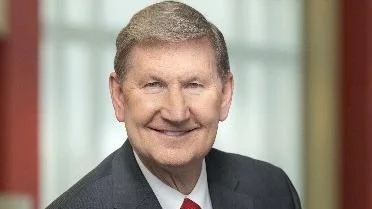
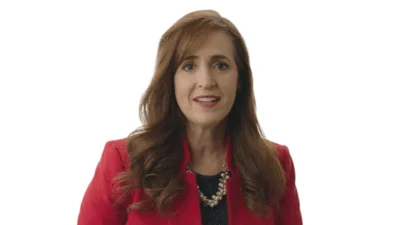
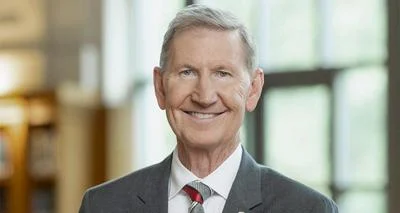
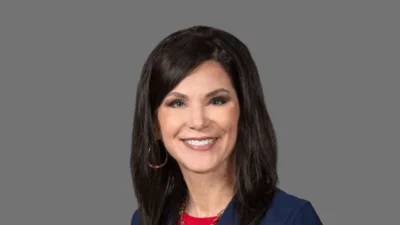
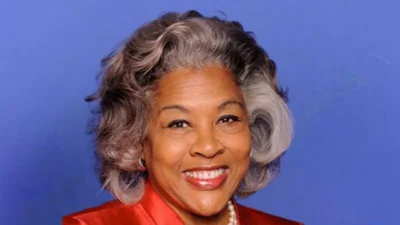
 Alerts Sign-up
Alerts Sign-up